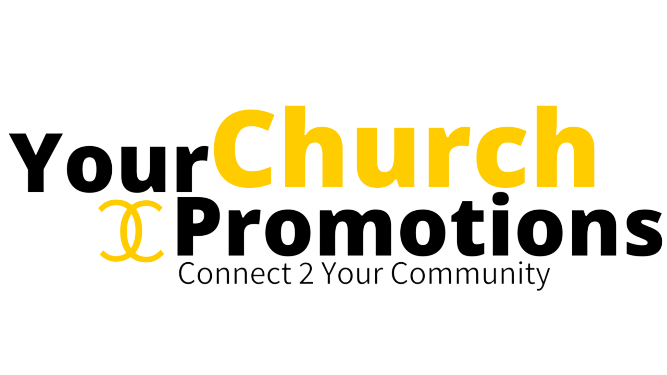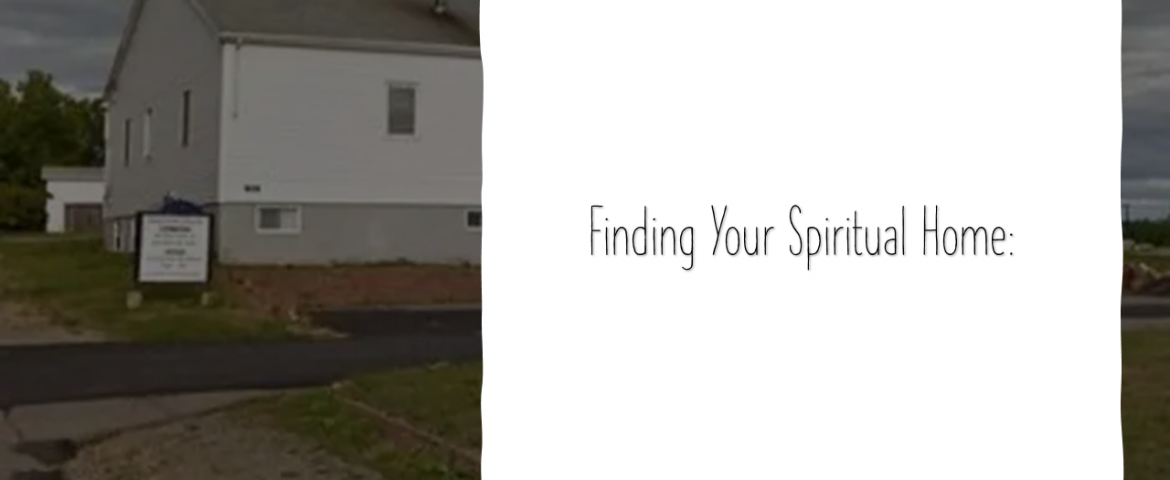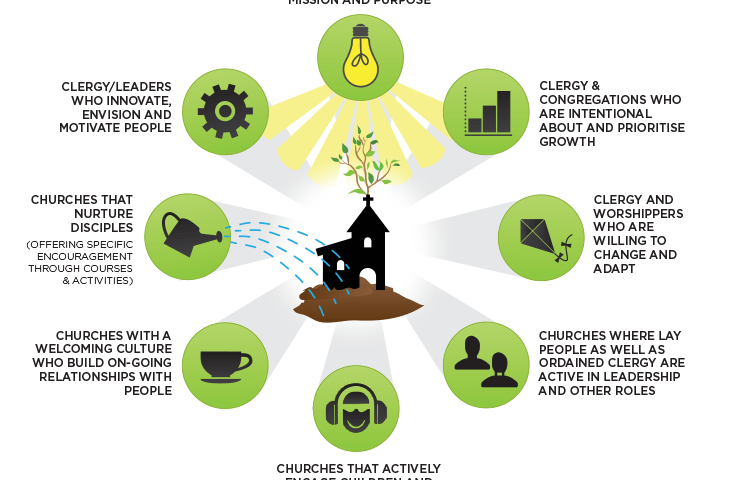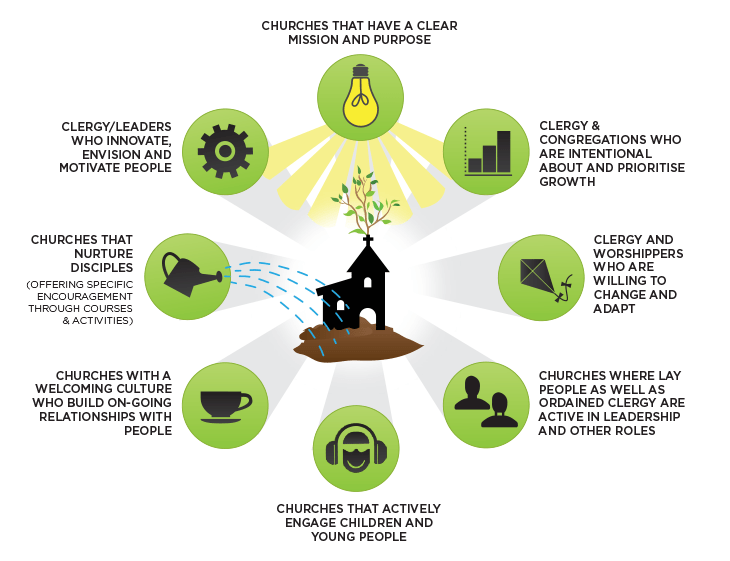— JJ Media (@JJMediaLLC) May 16, 2024
https://www.youtube.com/@GraceGlimpses
https://rumble.com/c/yourchurchpromotions
Improving the SEO for a local church’s website can significantly increase its visibility and reach within the community. Here are some tailored tips to enhance local church marketing SEO:
1. **Local Keyword Research:**
– Identify relevant keywords that include location-specific terms (e.g., city, neighborhood) and church-related terms (e.g., “church near [city]”, “faith community in [neighborhood]”). Tools like SEMrush, Ahrefs, and Google Keyword Planner can help in this process.
2. **Optimize Google My Business (GMB) Listing:**
– Claim and verify your church’s GMB listing and ensure that all information (address, phone number, website URL, hours of operation, etc.) is accurate and up to date.
– Encourage positive reviews from congregation members to build credibility and improve local search rankings.
3. **On-Page SEO Optimization:**
– Optimize meta titles, meta descriptions, and heading tags with relevant keywords and location modifiers.
– Include location-specific content on your website’s pages, such as event listings, community outreach programs, and testimonials from local members.
4. **Create Localized Content:**
– Produce blog posts, articles, and videos that address community events, issues, and interests. This helps establish your church as an integral part of the local community and can attract local search traffic.
5. **Mobile Optimization:**
– Ensure that your website is mobile-friendly, as many people use mobile devices to search for local businesses and services.
6. **Local Link Building:**
– Seek opportunities for local link building by reaching out to local businesses, community organizations, and other churches for partnerships, sponsorships, or collaborations. Local directories and community event websites are also good sources for obtaining backlinks.
7. **Schema Markup:**
– Implement local business schema markup on your website to provide search engines with additional context about your church, such as address, phone number, and operating hours. This can improve visibility in local search results and enhance your listing’s appearance.
8. **Engage on Social Media:**
– Maintain an active presence on social media platforms popular in your community (e.g., Facebook, Instagram, Twitter) to connect with local residents, share updates about church events, and drive traffic to your website.
9. **Monitor and Analyze Performance:**
– Use tools like Google Analytics and Google Search Console to track website traffic, user engagement, and keyword performance. Analyzing this data can help you identify areas for improvement and refine your local SEO strategy over time.
10. **Community Engagement:**
– Actively participate in local community events, volunteer opportunities, and outreach programs. Building strong relationships within the community can lead to word-of-mouth referrals and increased visibility for your church both online and offline.
By implementing these strategies, you can enhance your local church’s online presence, attract more visitors from the local community, and fulfill your mission of spreading your message to a wider audience.


 In the digital era, churches are finding new horizons through online marketing, a realm once considered unconventional for religious outreach. The image in question serves as a beacon, guiding churches on how to navigate the digital landscape to expand their congregation and foster community spirit.
In the digital era, churches are finding new horizons through online marketing, a realm once considered unconventional for religious outreach. The image in question serves as a beacon, guiding churches on how to navigate the digital landscape to expand their congregation and foster community spirit.




